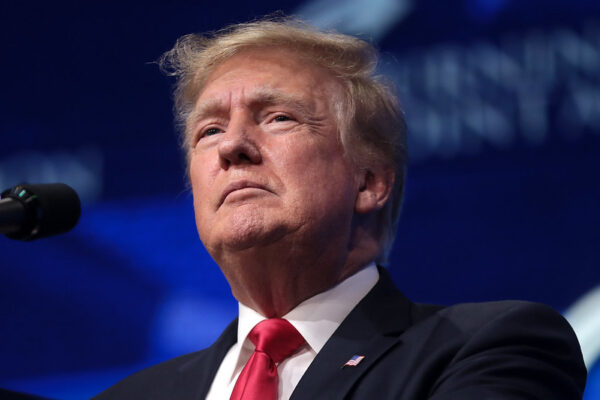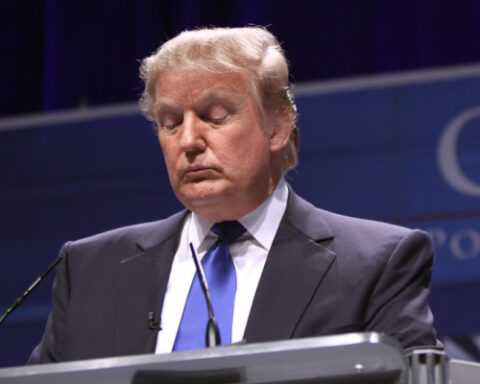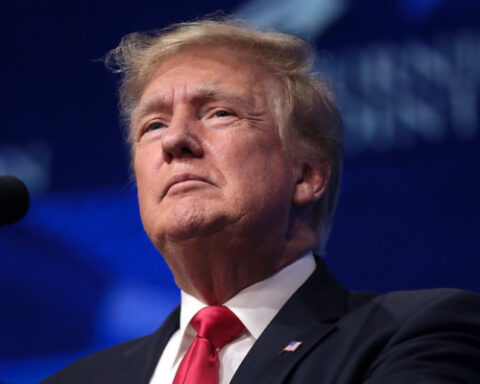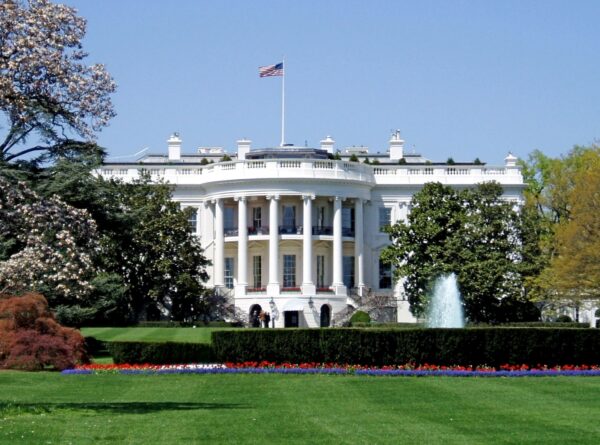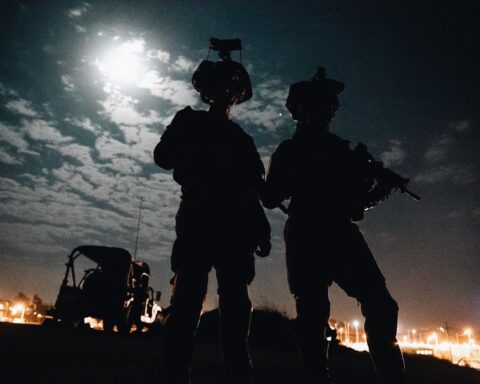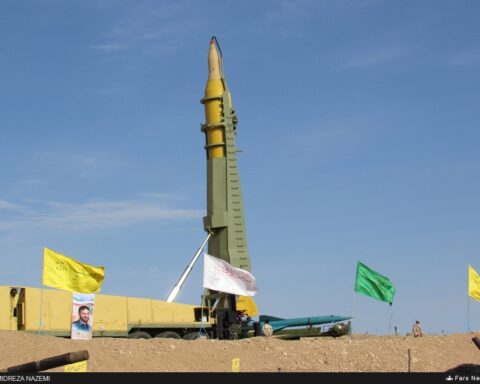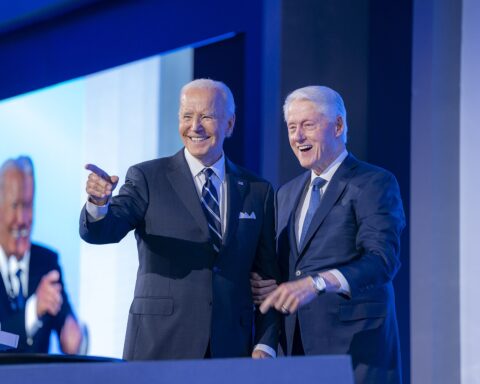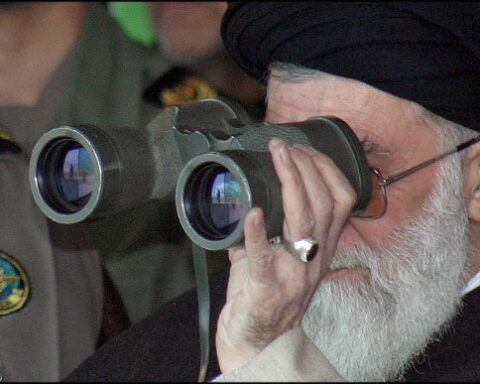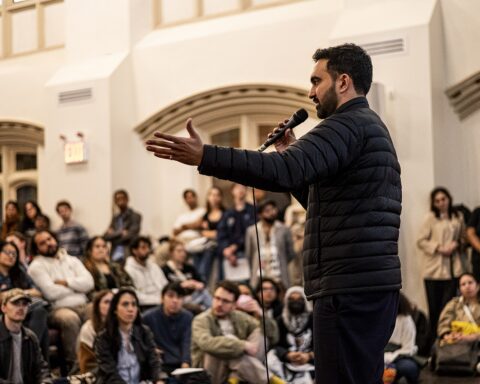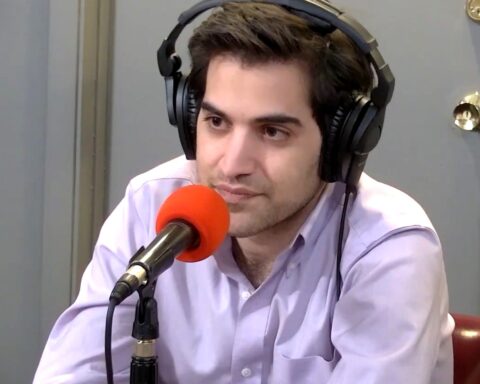The Transportation Department, under the leadership of President Trump, has now reportedly proposed a nationwide prohibition on artistic crosswalks—including rainbow-colored designs—arguing that roads must remain solely for public safety, not political or social expression.
The rule, announced this week, asserts that traffic markings should be practical and standardized to ensure clear and uniform messaging for drivers and pedestrians.
Officials said colorful, themed crosswalks create unnecessary distractions and could pose safety risks at intersections.
The rule would bar depictions intended to show solidarity with social causes—particularly those aligned with LGBTQ pride, Black Lives Matter, and similar movements.
Transportation Secretary Elaine Chao emphasized that while states may continue to install decorative crosswalks in pedestrian plazas or heavily trafficked urban centers, any design placed on public roadways must conform to existing safety regulations and national standards. “Road markings must never obscure safety,” she said in a briefing.
The proposed ban would also require existing themed crosswalks to be removed or replaced within a two-year compliance window.
The move follows a series of high-profile crosswalk installations in cities such as San Francisco, Philadelphia, and New York, where municipal leaders commissioned rainbow crossings to mark Pride Month celebrations.
Advocates of the restrictions argue that varying designs and colors complicate critical traffic patterns and threaten pedestrian safety.
Opponents counter that such measures suppress civic expression and undermine a city’s ability to communicate with residents through ultra-woke art.
In Philadelphia, local officials warned that removing rainbow crosswalks would “erase symbols of inclusion and progress at a critical time for marginalized communities.”
The proposal has ignited a broader debate over whether public infrastructure should remain neutral or reflect community values.
The rule is expected to be submitted for public comment over the next 60 days before a final decision is made.
City governments, advocacy organizations, and planning groups have already signaled that they will challenge the proposal, citing both symbolic and practical arguments in favor of themed crosswalks.
Legal experts remain divided on the issue.
Some contend the rule falls within federal authority to regulate traffic control devices, while others say it may conflict with the First Amendment rights of municipalities to express values and identity through public art.
As the debate unfolds, cities face a choice: comply and erase community landmarks, or push back fiercely to preserve them.
The outcome may redefine the boundary between public safety and public expression in America’s streets.
[READ MORE: Steve Bannon Slams ‘Feckless’ Republicans on New Trump Budget Bill]

